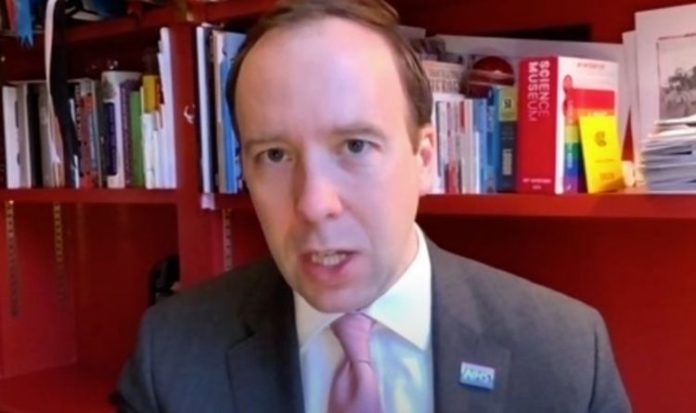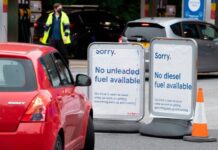Plans for a Covid booster jab programme in the autumn will be set out in the next few weeks, Matt Hancock has said.
The health secretary said ministers were waiting for results from trials of different combinations of vaccines.
It comes after doctors and NHS trusts said planning for a booster rollout must start now as it will involve bigger challenges.
They said many questions needed answering, including how long immunity from the original Covid jab lasts.
The issue of whether children will be vaccinated also still remains, health leaders said.
“We are currently trialling which combinations of jabs are the most effective,” Mr Hancock told BBC Breakfast.
“In the next few weeks, when we get the clinical data through on what’s the most effective combinations to have… then we’ll set out all the details for the booster programme for the autumn.”
Among the ongoing trials is the UK’s Cov-Boost trial, which is testing different combinations of third doses.
A senior government source said the UK would also benefit from new vaccines from Novavax and Valneva, which are awaiting approval from the UK’s medicines regulator.
So far, nearly 60% of UK adults have had two jabs of the vaccine, meaning they are fully vaccinated, and more than four in five adults have had their first dose.
People have been rushing to get their vaccines in recent days, with more than one million jabs booked on Friday and Saturday in England after vaccinations opened to all over-18s.
Ministers have repeatedly said that vaccination is the way out of lockdown, and the delay to England’s lockdown ending from 21 June until 19 July was partly to allow more people to get vaccinated.
Some restrictions have been eased on Monday though, the original date for lockdown ending – and what some had dubbed Freedom Day.
The number of guests at a wedding is no longer limited to 30 (although there are capacity rules depending on a venue’s size), visiting arrangements for care homes are changing, children can go on overnight trips in groups of 30, and pilots of large events like Euro 2020 games will continue.
And in Wales, rules are also being lifted slightly, including Covid capacity restrictions for music and comedy and the limits on weddings changing in line with a venue’s size.
In Northern Ireland, a planned easing of restrictions has been pushed back to at least 5 July, and current rules in Scotland are expected to be extended until mid-July.
The average number of daily confirmed cases of coronavirus is now rising in the UK, with a further 9,284 announced by the government on Sunday. A further six deaths were announced.







